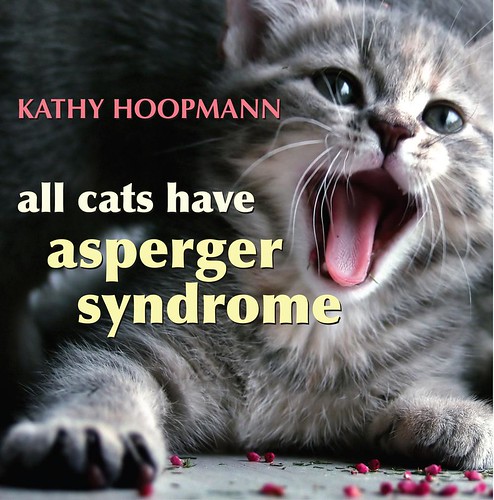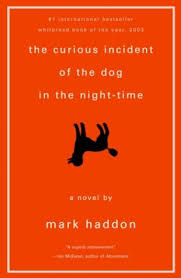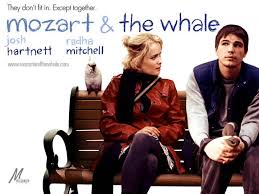
My husband and I share our home with three delightful, quirky, and utterly adorable cats, Mikey, Miles (who are brothers) and Rose (a slightly more mature, elegant lady-cat). The five of us have existed in harmony (if surrounded by shredded furniture) for several years. However recently Mikey turned, swiftly and violently, on poor Rose. Suddenly he was the hunter and she was his prey, and he began routinely stalking and attacking her until things got so bad that we had to create separate “apartments” for the cats in our house.
Being a believer in therapy and a (some say overly) devoted pet owner, I enlisted the help of the behavior specialist in my vet’s office. She suggested we try a complicated “reintroduction” ritual that involved Valium, treat-rewards, and my husband’s patience. When (as all parents do) I asked the behaviorist, “why did this happen? Why is Mikey acting this way all of the sudden?” she replied with this lovely answer: “Honestly, I don’t know and we may never know the cause. That’s why I love cats so much. They are so complex and mysterious and fascinating. Something in the environment probably changed in some way that is unknown to you, and it ruffled Mikey’s feathers, so he is acting out.”
Her speech felt eerily familiar, but I could not place the source of the feeling for a little while. Then it hit me: her explanation of Mikey’s internal experience sounds exactly like how experts explain the causes of frustration and meltdowns in kids with developmental disorders.
As much as I love my cats, I can imagine that many people might find comparing cats to children offensive. However, it is a useful analogy when trying to understand a child’s frustrations due to sensory sensitivities and a limited ability to verbalize those frustrations. I am certainly not the first person to make such an analogy: Kathy Hoopmann wrote the fun little book, All Cats Have Asperger Syndrome, which presents AS in a relatable way for children (and adults) by comparing cat behavior to typical AS behavior. Children with developmental disorders function differently, not deficiently, which Hoopmann’s book illustrates nicely. Another thing that children on the spectrum have in common with cats? As Mikey’s behaviorist would say, they are complex, mysterious, and fascinating, and that is why we love them.




